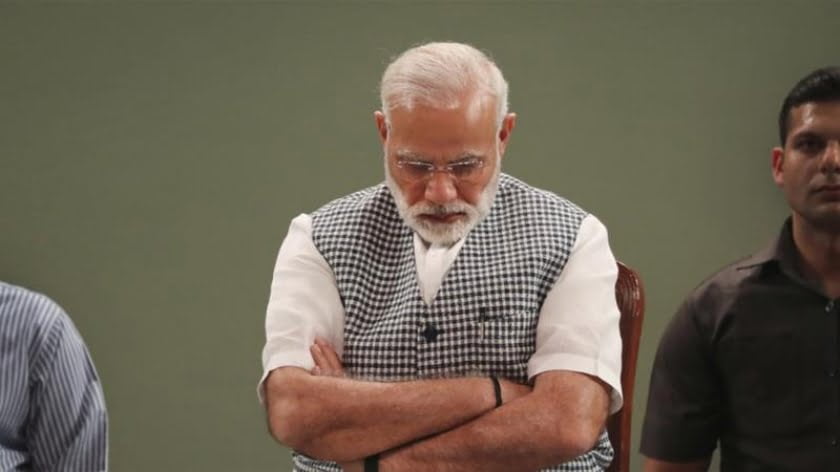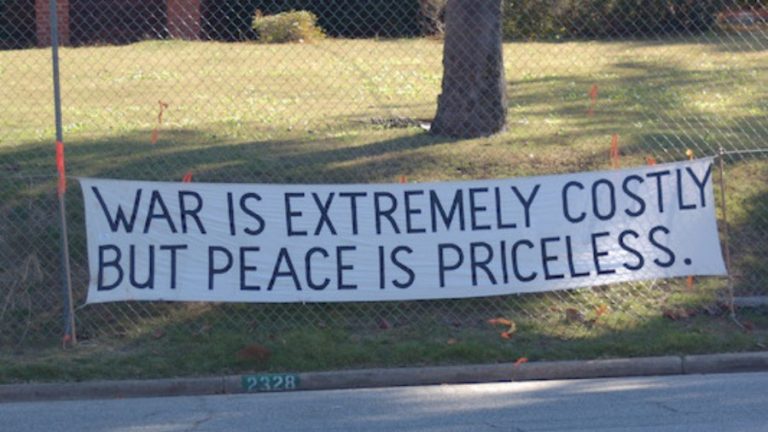Middle East: Formation of New Regional Boundaries
Today it is quite obvious that the chimera called the “Islamic State caliphate” nurtured by western and Gulf countries has ceased to exist. Militants from terrorist organizations have failed to either topple Iraq and Syria or establish their own state. Therefore, the self-proclaimed Caliph of the Islamic State Abu Baqr al-Baghdadi has no option but to call upon his followers to lay down arms and return to their (mostly located in the west) homelands.
At the beginning of March, Abu Baqr al-Baghdadi, the warlord of the outlawed in Russia terrorist movement the Islamic State, delivered a farewell speech where he acknowledged the defeat of extremists in Iraq and Syria and called upon militants to temporary hide in hard to access mountains. The day before the farewell speech, the Iraqi army had regained control of the last major road, which militants could have used to withdraw troops and equipment from Mosul (the unofficial terrorists’ capital in Iraq). At the same time Bashar al-Assad’s troops in alliance with the Russian aerospace forces liberated the terrorist-held Palmyra in Syria. Later the media reported that al-Baghdadi abandoned the idea of defending Mosul, the de facto capital of terrorists in Iraq, and fled to the desert leaving behind his “comrades-in-arms”.
What is noteworthy is that al-Baghdadi’s speech is absolutely out of tune with the Daesh’s general line (this criminal group is known for its strong ideology). Ultimately, jihadists are not supposed to surrender. Having analyzed the speech, some politologists expressed their opinion that the appeal smacked of a fib contradicting the Daesh’s radical policy. It is much more likely to be a brainchild of the Iraqi intelligence services, which could “score brownie points” for their alleged “sweeping victory” by filing a substantive report with its commanders claiming that “We, the Iraqis, defeated Daesh militants in Iraq and ridded the country of jihadists”. On the other hand, al-Baghdadi’s alleged appeal can come in handy for jihadists as well. It will be relatively easier for militants to hide since anti-terrorist units will be focusing mainly on the hard-to-reach mountainous areas. A logical conclusion that can be drawn from the speech supposedly delivered by al-Baghdadi is that the government forces would be narrowing their search to mountains only.
On the other hand, the ranks of terrorists are torn by strife further aggravated by active actions of Bashar al-Assad’s troops and Russian aerospace forces. The allies managed to regain control over the controlled by Daesh militants oil wells in Syria, which latter used as a source of lucrative income selling extracted “black gold” at a fraction of its real price. Highly effective air attacks delivered by the Russian aerospace forces have also razed to the ground majority of illegal oil processing facilities, thus depriving the self-proclaimed Islamic State caliphate of enormous amounts of “oil” money. An immediate result of this operation—a dramatic reduction in the number of mercenaries and outright criminals hoping to make fortune by looting the national wealth of Syria and Iraq.
Jihadists have already smuggled a substantial number of items of cultural and historical value to Europe and United States. This source of income, however, has dried. Besides, no mercenary is willing to sacrifice his life in the name of illusory “Islamic values” unless he receives a tangible remuneration. According to experts, the black market trading historical items smuggled by militants from Syria alone is worth hundreds of thousands of USD. Terrorists who cold-bloodedly looted museums in the captured cities had devastated collections of the museums of antiquities located in Damascus, Palmyra, Aleppo and Deir az-Zor. The latter suffered greatest losses. Militants stole about one thousand five hundred exhibits just from this museum alone. Experts have acknowledged professionalism of Syrian museum workers, who had been packing and moving exhibits to safe places from the onset of the conflict. Today Syrian authorities are making efforts to return archaeological artifacts smuggled from the country. They have photographs of the stolen articles, which can help trace and identify them should they be sold at antique auctions in the west. European lawmakers in alliance with Interpol are currently preparing a convention that will set forth tighter sanctions for black dealers.
At the same time, the new Washington administration, realizing that to continue to influence the region it should reconsider the format of its military presence there, is demonstrating a gradual foreign policy shift. Actively attacked by the Democrats US President Donald Trump realizes that he has to take steps to reinforce his reputation. And what could be a better place to achieve this goal if not the Middle East, a region that has grabbed and continues holding the attention of the world community. Washington administration has taken first timid steps demonstrating its commitment to bring order to the region. The decision to deploy up to 1,000 US military personnel to Kuwait to form a reserve of counter-terrorist troops fighting Daesh is a good example of changes occurring in the mindsets of Washington officials. Military observers see a link between this move and the fact that Pentagon-supported coalitions in Syria and Iraq are intensifying their struggle against Daesh. In any case, the presence of a military reserve in the region would boost the US military “flexibility” and facilitate timely responses to “unforeseen events and challenges”.
Meanwhile, a bill banning assistance to anti-government armed units intertwining with extremists in Syria has been introduced in US Senate. The principal author of the proposal, member of the Congressional House of Representatives from Hawaii Democrat Tulsi Gabbard said that the Senate version of the bill had been proposed by Rand Paul, the Republican Senator from the state of Kentucky, earlier that day. The US Senate will vote on each of the two Stop Arming Terrorists bills separately.
An active supporter of Donald Trump’s policy, Tulsi Gabbard believes that instead of spending trillions of dollars on wars fought to overthrow Middle Eastern regimes, US should focus on the eradication of Daesh and al-Qaeda terrorist organizations and use freed resources to resolve domestic problems. Ultimately, Mrs. Gabbard’s stance echoes Donald Trump’s pre-election program. Could it be that the new administration has come to its senses and the region will gradually “arise from the ashes” and enjoy “peace and quiet” for a change?
If this scenario works out, it would not be long before the Islamic Caliphate state declines. In this case, some questions will inevitably arise. For example, what will happen to Syria and Iraq, on whose Sunni territory jihadists have recently tried to establish a terrorist state? There are as many (often opposing) answers to this question as there are people. For example, Turkish President Tayyip Erdogan believes that it is mandatory to preserve territorial integrity of Syria and Iraq when settling the conflicts in these countries.
Meanwhile, many politologists and researchers have an opposing view. They maintain that there is no way for Syria and Iraq to be restored in their pre-war boundaries. Aleksandr Iskandaryan, Director of the Caucasus Institute, expressed this opinion in the course of the Valdai Discussion Club’s visiting session “A Time of Changes: The World in an Era of Global Unpredictability“. Mr. Iskandaryan noted that the conflicts in Syria and Iraq had been destabilizing the situation in the South Caucasus, posing new threats to the countries of the region. And if in the past the South Caucasus presented threat to the region, today its security is challenged by external forces.
To make matters worse, there exists so-called “Kurdish issue”. When meeting with a delegation of the Iraqi Rafidain Center for Dialogue, President of the Iraqi Kurdistan Masoud Barzani reminded that since Kurdistan had been deprived of its share of the new Iraq’s budget it was not liable for the failure of the partnership in Iraq, instead the central government and the Iraqi factions should be blame for it. Speaking about Kurdistan’s independence, Mr. Barzani stressed that peoples merge into states out of their free will and nobody can force them to live within one border. At the same time, he reiterated that the Kurds were looking to achieve their independence in a peaceful way.
In other words, the fate of the Iraqi Kurdistan, eager to float freely, has been basically sealed. The destiny of the Kurdish population currently fighting against terrorists and jihadists from Daesh in the northern districts of Syria, i.e., in their homeland, and hoping to settle their grievances after the victory has not been decided yet. Whether the Syrian Kurds remain part of the new Syria or form some sort of a union (symbiotic union, perhaps) with the Iraqi Kurds would to a large extent depend on the policy adopted by the Syrian leaders and on the scope of privileges offered to the Kurdish population in Syria.
By Victor Mikhin
Source: New Eastern Outlook






